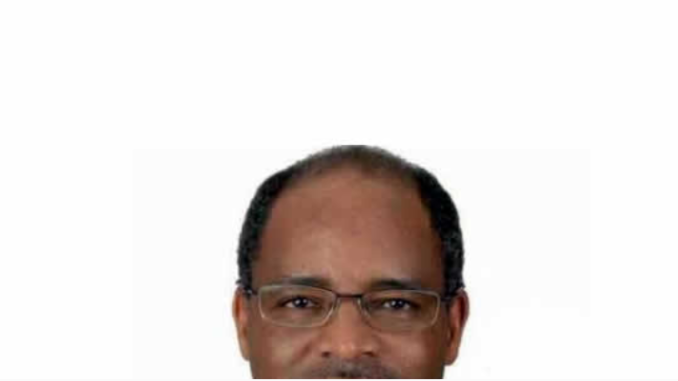
The National Identity Management Commission has said that it cannot produce national identity cards for everyone who enrolled for it despite the huge public clamour for it.
According to the commission, national identity cards that are ready are mainly for people who enrolled in 2012 and 2013, noting that it was adopting a first-come, first-served approach.
The Director-General, NIMC, Aliyu Aziz, stated these at a press conference in Abuja on Monday, which was organised to announce the 4th International Annual Meeting of the ID4Africa 2018 Movement being hosted by Nigeria.
“The card that we have now is the best in the whole world, but it is difficult to really produce it for everyone. In the NIMC, the focus is first come, first served, and this is for those who enrolled in 2012 and 2013, as they are the ones who have got their cards,” he stated.
Aziz explained that the focus of the agency for the next three years would be on the National Identification Number and not on the card.
He said, “The focus is actually on the National Identification Number. Your NIN gives you your identity and not the card. Historically, we focused ourselves on the card to be the output of what we do; but when the country went into recession, we stepped back and checked and found out that in the United States, it is the Social Security Number that connects all the other agencies.
“In the United Kingdom, it is the National Insurance Number; and in India where recently they enrolled about 1.4 billion people, they only gave the number. This means you can now pull your own NIN and then print it the way you want it.
“Recently in Nigeria, we did the Bank Verification Number; and again, what you get is a number and not a BVN card. However, this does not mean that we won’t give out cards, because it is there in the law that we should issue a general multipurpose card that is secure.”
The NIMC boss stated that some vendors had been identified to handle the printing of the national identity cards, but stressed that funding was a challenge.
“We want to ask the vendors to print, for we have like five vendors in Lagos that can print these cards. So, we want to get the funding to print the cards by outsourcing it to the vendors. Right now, we are focused on enrolling people and harmonising their identities, which is why the number grew from five million to 30 million in our record. But on the ID cards, we have not done much,” Aziz said.
In his address, the Executive Chairman, ID4Africa, Joseph Atick, said delegates at the conference would petition the United Nations on the need for an International Identity Day.
“We will be launching a petition tomorrow (Tuesday) and it is to petition the United Nations. Together, we are launching a petition to call on the United Nations to recognise September 16 as the International Identity Day,” he added.
Atick explained that September 16 was chosen because Article 16.9 in the Sustainable Development Goals that was adopted in 2015 stated that there was a need for legal identity for all by 2030.
“Therefore, with respect to Article 16.9, for us to commemorate the International Identity Day, we want it to be September 16. We want it because identity is one of the most important aspects of the human experience in a modern society. We want to celebrate and create awareness about it, as well as measure our progress,” he said.
The General Manager, Legal, Regulatory and Compliance Services, NIMC, Hadiza Ali-Dagabana, stated that once the commission begins the full implementation of the national identity card, it would penalise any organisation that refuses to acknowledge it as a valid form of identification in Nigeria.
According to her, the commission is working hard to commence a more robust nationwide enrolment exercise from July this year, and once that is achieved, the NIN would be fully implemented across the country.
END

Be the first to comment